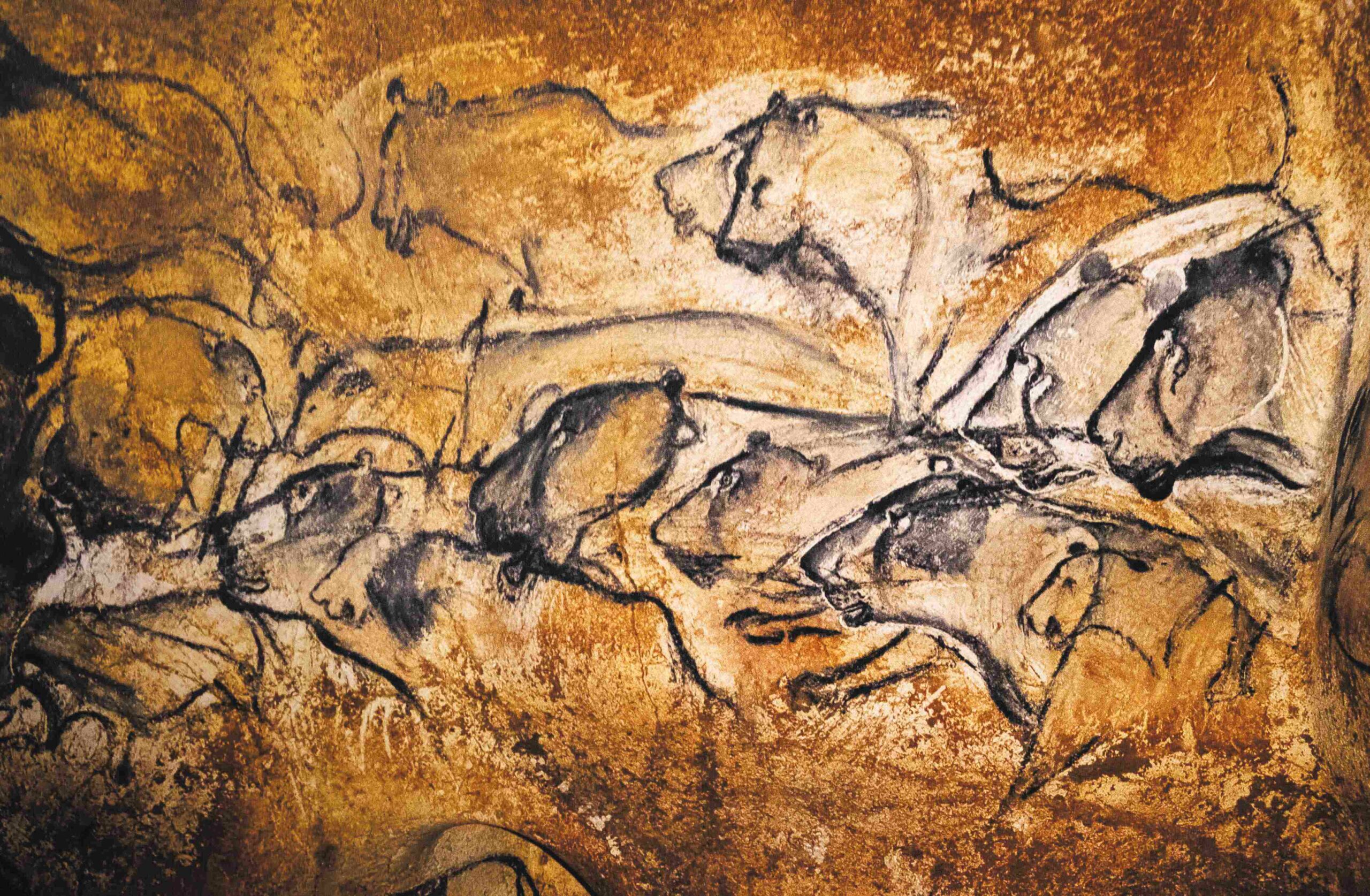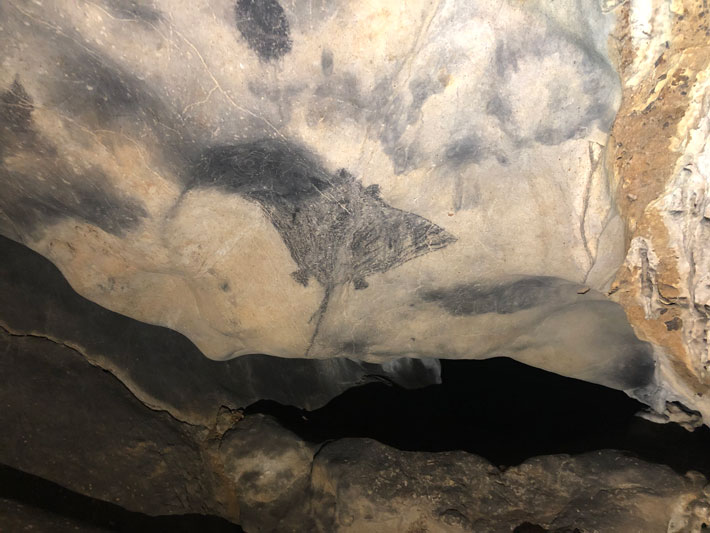 ARECIBO, PUERTO RICO—According to a statement released by the Geological Society of America, geophysicist Angel Acosta-Colon of the University of Puerto Rico at Arecibo and archaeologist Reniel Rodríguez of the University of Puerto Rico at Utuado collected samples of 61 pigments used to create pictographs in 11 caves on La Isla Grande, the largest island in the Puerto Rican archipelago, for radiocarbon dating by scientists at the University of Georgia. The study suggests that the oldest pictographs on the island date to between 700 and 400 B.C. “This proves that we were here [thousands of] years before the European invasion,” said Acosta-Colon. Samples taken from images resembling human bodies were dated to between A.D. 200 and 400. “We have gaps of time and that’s interesting because we don’t know what happened,” he continued. However, additional samples of paint taken from art in other areas could fill in these gaps, Acosta-Colon explained. More detailed drawings were dated from A.D. 700 to the time of European colonization around 1500, the researchers concluded. For more on rock art in Puerto Rico, go to "Spiritual Meeting Ground," one of ARCHAEOLOGY's Top 10 Discoveries of 2016.
ARECIBO, PUERTO RICO—According to a statement released by the Geological Society of America, geophysicist Angel Acosta-Colon of the University of Puerto Rico at Arecibo and archaeologist Reniel Rodríguez of the University of Puerto Rico at Utuado collected samples of 61 pigments used to create pictographs in 11 caves on La Isla Grande, the largest island in the Puerto Rican archipelago, for radiocarbon dating by scientists at the University of Georgia. The study suggests that the oldest pictographs on the island date to between 700 and 400 B.C. “This proves that we were here [thousands of] years before the European invasion,” said Acosta-Colon. Samples taken from images resembling human bodies were dated to between A.D. 200 and 400. “We have gaps of time and that’s interesting because we don’t know what happened,” he continued. However, additional samples of paint taken from art in other areas could fill in these gaps, Acosta-Colon explained. More detailed drawings were dated from A.D. 700 to the time of European colonization around 1500, the researchers concluded. For more on rock art in Puerto Rico, go to "Spiritual Meeting Ground," one of ARCHAEOLOGY's Top 10 Discoveries of 2016.
Radiocarbon Dating Pushes Back Age of Puerto Rico's Cave Art
News October 19, 2023

Recommended Articles
Features November/December 2019
Artists of the Dark Zone
Deciphering Cherokee ritual imagery deep in the caves of the American South
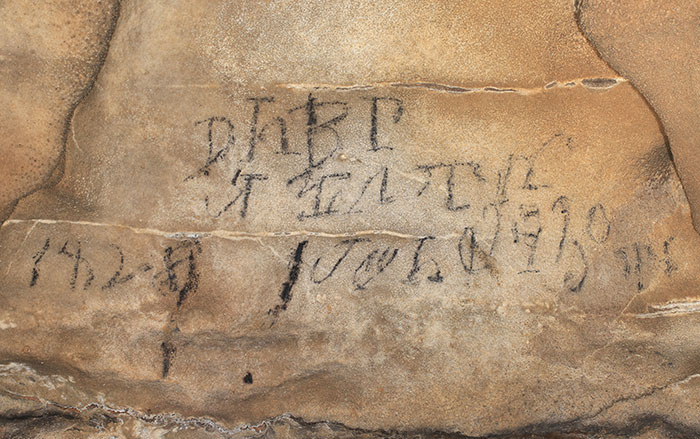
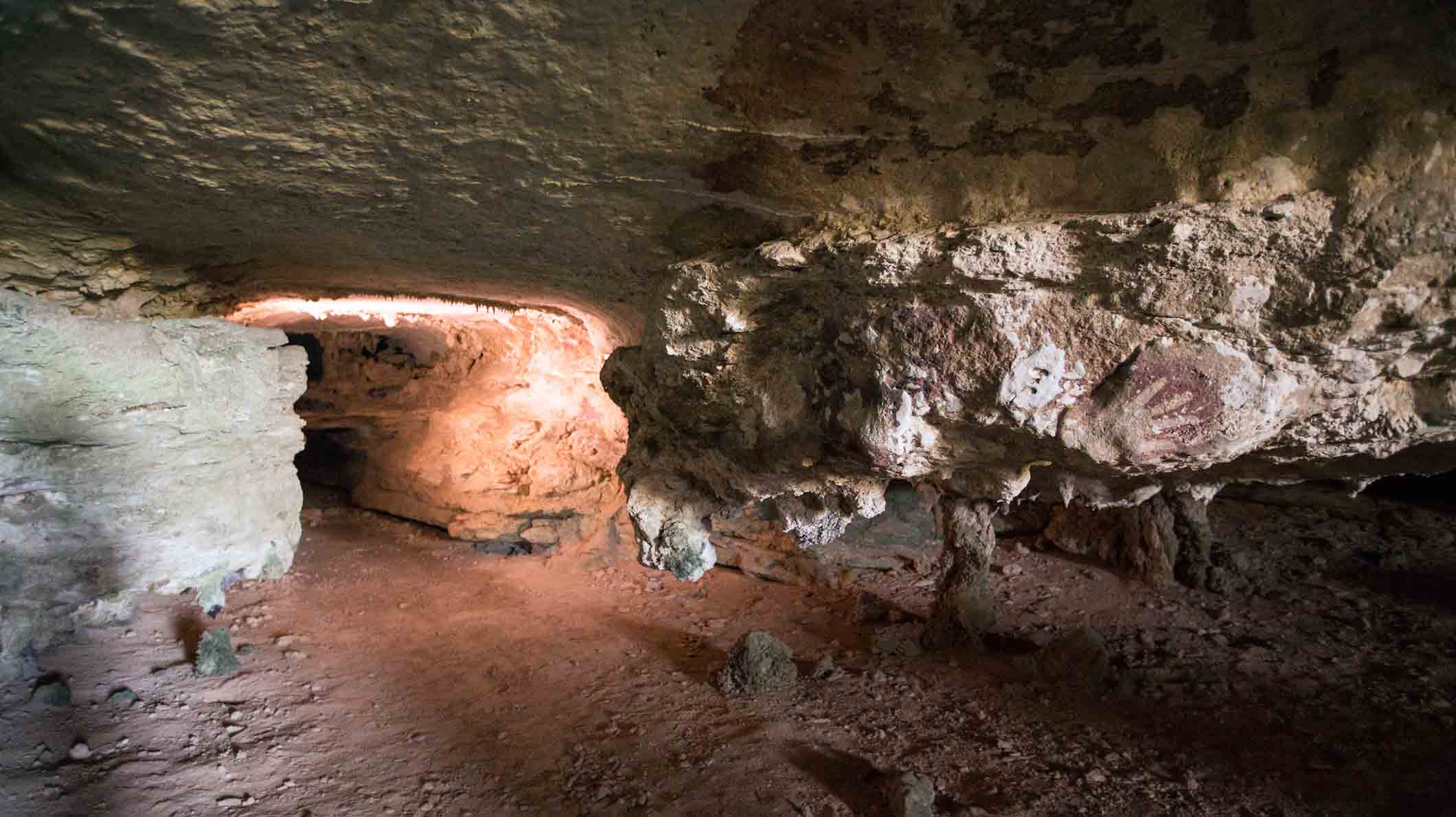
Digs & Discoveries September/October 2012
A Portrait of the Artist as a Young Neanderthal?
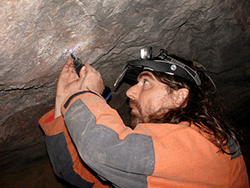
Artifacts July/August 2025
Maya Ceramic Figurine
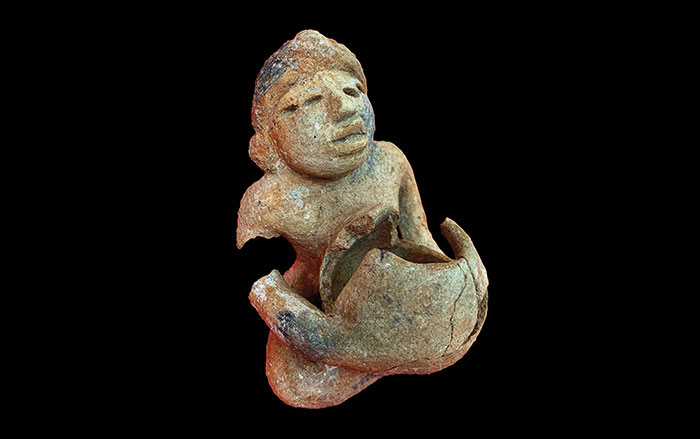
-
Features September/October 2023
Ukraine's Lost Capital
In 1708, Peter the Great destroyed Baturyn, a bastion of Cossack independence and culture
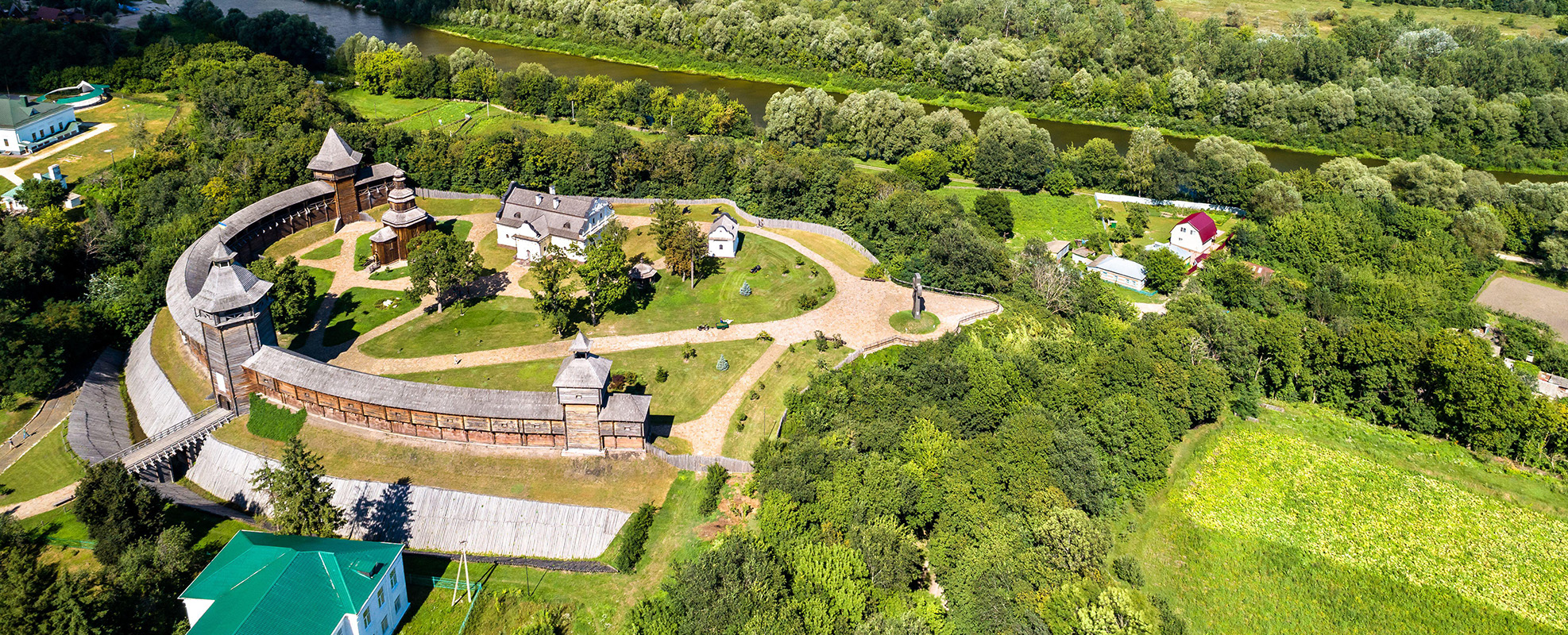 (Leonid Andronov/Alamy Stock Photo)
(Leonid Andronov/Alamy Stock Photo) -
Letter from Vesuvius September/October 2023
Digging on the Dark Side of the Volcano
Survivors of the infamous disaster rebuilt their lives on the ashes of the a.d. 79 eruption
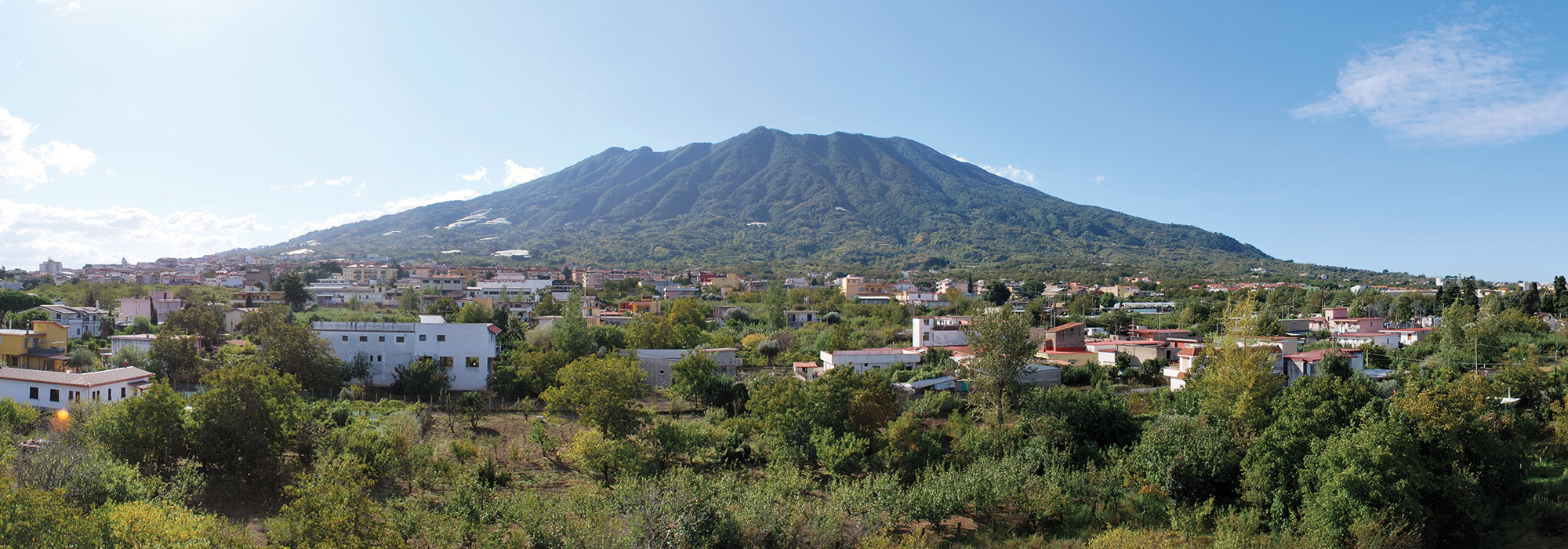 (Courtesy Girolamo Ferdinando De Simone)
(Courtesy Girolamo Ferdinando De Simone) -
Artifacts September/October 2023
Padlock
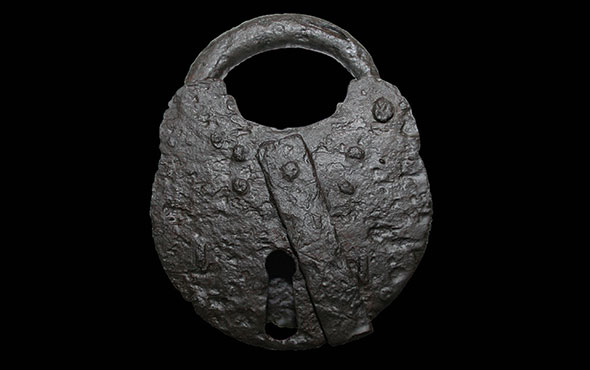 (Courtesy James Davidson)
(Courtesy James Davidson) -
Digs & Discoveries September/October 2023
Nose to Tail
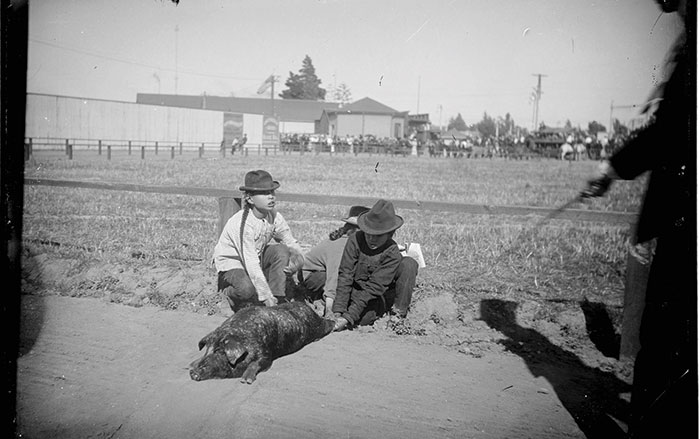 (Lisa See collection. The Huntington Library, San Marino, California)
(Lisa See collection. The Huntington Library, San Marino, California)


